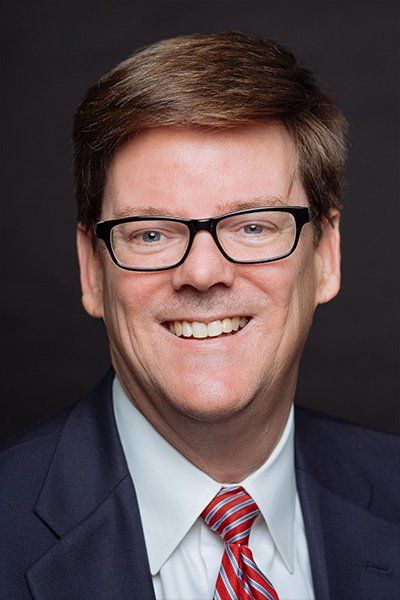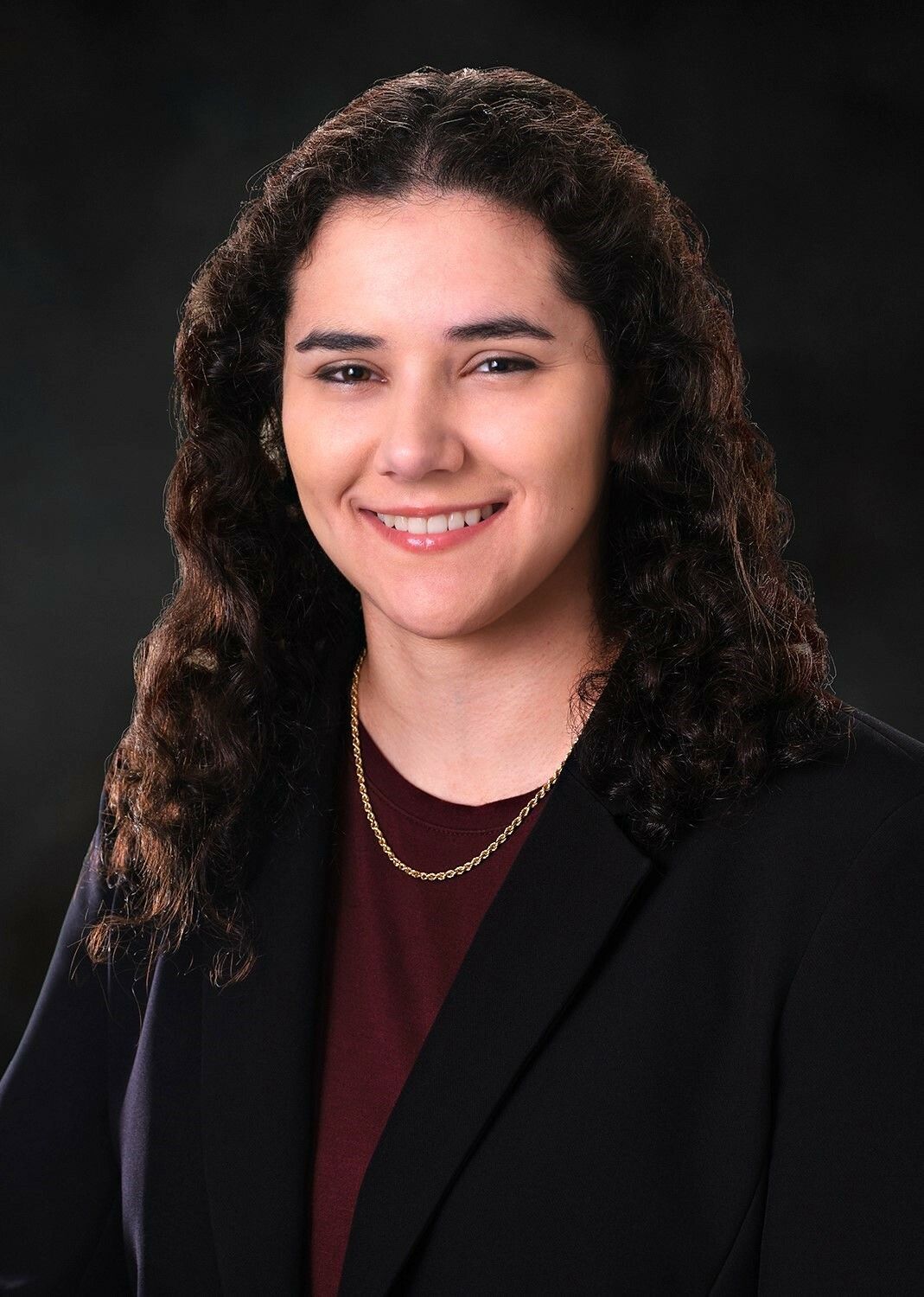NEW YEAR'S RESOLUTIONS FOR EMPLOYERS WORTH KEEPING
As the New Year approaches, many of us will resolve to change our lives, drop bad habits, form new good habits, and generally start 2014 fresh, with a new sense of purpose. Too often, however, these resolutions are short-lived. Just compare the parking lot at your local gym in January to the same parking lot 4 weeks later to see a stark example of fading resolve. Truth is, promises are easier to make than to keep, even to ourselves.
But can employers make New Year's resolutions? More importantly, can they keep them? I believe they can and should resolve to make the New Year better, both for themselves and their employees. This article will suggest resolutions that employers can make, and how to keep them, for a much happier 2014.
For individuals, a frequent resolution is to get in better shape. Things like losing weight, stopping smoking, and becoming more active are what many people focus on to become more fit overall. Like individuals, employers can, and should, resolve to do those things that will allow them get more fit in 2014. Let's get started.
1. Lose the Sweets. Nothing is harder for us than to go down the sweets aisle at the grocery store and pass up the beckoning hoards of cakes, candies, chocolates, and the like. But indulging in the temptation to feast on such delicacies leads to a burgeoning waist line and a recurring December promise to ourselves that "Next year, things will be different."
Like individuals, employers are also tempted by instant gratification that, if indulged, can lead to problems down the road that cry out to be remedied. Things like classifying far too many employees as exempt from the Fair Labor Standards Act ("FLSA") to avoid paying overtime can often be as tempting as that box of snack cakes on aisle 6. And just as bad for an employer's health.
Instead, employers should go for the healthy option: carefully examining each employee's position, duties, and responsibilities to determine if any of the narrow exemptions to the FLSA apply. Like any healthy choice, doing so may be a bit more challenging on the front end, but it will pay huge dividends down the road. Particularly in this era of increased enforcement by the U.S. Department of Labor ("DOL"), the costs of instant gratification can be high. Payment of back wages, suffering a full-scale DOL audit of the employer's entire operation, and information-sharing between a wide range of government agencies that can lead to even more governmental intervention are only a few of the things that can affect an employer's overall health.
2. Become More Active. Far too often, employers sit back on the proverbial couch instead of working up a sweat making proactive decisions. Waiting until the smoke at work becomes a raging fire before taking action is a useless as a battery powered bicycle. Instead, get up, examine your workforce, assess each employee's performance and workplace conduct, and take action sooner, rather than later.
One common area of employer inaction is in the conducting of regular, and realistic, performance reviews. A fear of angering coworkers, a lack of training of supervisors, an absence of a common standard of review, or an institutional laziness about employee reviews in general all contribute to this lack of action. The next thing the employer knows, it has become bloated and weighed down by poor performing or misbehaving employees who have either never been reviewed, or not accurately reviewed. Losing this weight can be nearly impossible.
Instead, employers should create a common standard for reviewing all similarly situated employees, train all management employees on utilizing this standard, insist upon regular reviews, and demand complete honesty in all evaluations. By taking these actions, employers can ensure that poor performers are identified early and given a chance to improve. Should they prove unable or unwilling to do so, the employer can shed that weight without having to defend prior favorable evaluations conducted by untrained or timid supervisors, or the lack of any evaluations at all.
3. Wear Clothes that Fit. Employers who rely upon canned or "one size fits all" workplace policies look as silly as a man the size of an NFL defensive back in skinny jeans. Each employer must instead make an honest assessment of the size of its workforce, its unique makeup, and its corporate personality before adopting a set of employment rules and policies.
First, one size does not really fit all. For one thing, some state and federal laws don't apply to smaller employers. Employers should therefore consult with employment counsel to determine which laws fit them and which were designed for employers of a different size.
Second, the makeup of each workforce is different, and therefore has different needs. An industrial employer with a majority of employees engaged in manual labor will need different policies than an employer with a workforce of mainly office employees. Differences may include computer use policies, social media policies, and grooming and dress codes. The point is to know what you look like before you decide what to put in place.
Third, personality plays a role. An employer like Google may have a personality that lends itself to far more relaxed personal conduct policies than an investment firm, and this reality must be taken into account when designing employee policies.
The best advice? Look in the mirror. And talk to a consultant--in this case your employment counsel--about what really works for you. Do these things, and you'll always look your best.
Employers, resolve to make 2014 a better year. The enforcement environment has never been stricter, and business competition has never been fiercer. Committing to the steps outlined above can make you healthier, and happier, in the coming New Year.
Happy Holidays to all of you from the lawyers and staff of Grant, Konvalinka & Harrison, P.C.
If you have any questions regarding getting your workplace in better shape for 2014, please contact the Author or any member of our Labor and Employment Group.
This blog is not intended to create an attorney/client relationship or provide legal advice. Please contact the author if you have any questions or comments regarding the subject matter.










